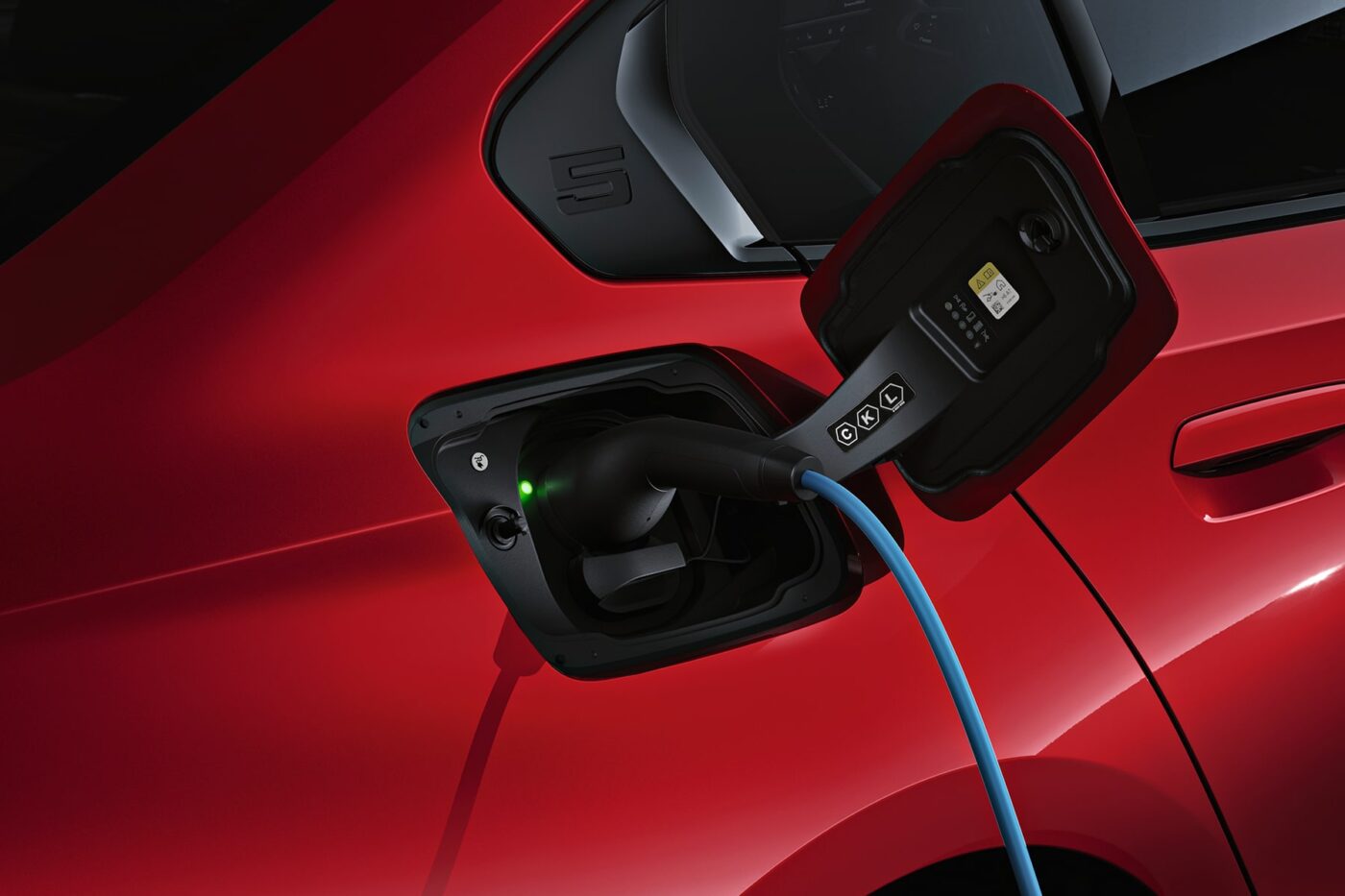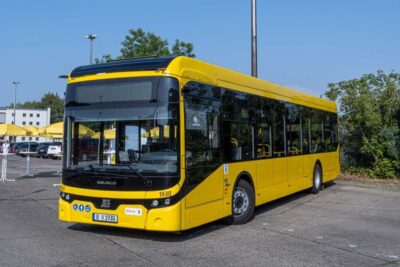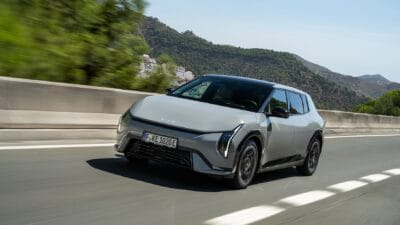Germany’s governing parties clash over electric car subsidies
After the coalition committee agreed in principle on subsidies for electric cars for low- and middle-income households, the focus is now on the specific details, such as the amount of the subsidy, price and income limits, and so on. The SPD parliamentary group in the federal government (Bundestag) then drew up a paper outlining its proposals and priorities for the programme.
A response has now come from the CDU/CSU parliamentary group, specifically from transport policy spokesperson Björn Simon, economic policy spokesman Andreas Lenz, and environmental policy spokesman Mark Helfrich. They told the Süddeutsche Zeitung (SZ) that the CDU/CSUsupports a subsidy model “that makes electric vehicles more affordable and also promotes the used car market.” This broadly aligns with the SPD’s earlier proposals.
However, despite general agreement,differences remain between the coalition partners. To ensure that the subsidy is targeted and not used to purchase overly expensive cars, the SPD proposed not only an income cap but also a maximum vehicle price of €45,000. According to the Süddeutsche Zeitung, the CDU and CSU view this restriction critically. The three Union politicians believe that the price limit is ‘secondary’ when it comes to promoting the use of electric cars. “If a social component is to be achieved with the subsidy, this can also be done, for example, by setting an upper limit on the household income of applicants,” the statement said.
Another SPD proposal has also faced opposition from the CDU/CSU: although Federal Finance Minister Lars Klingbeil (SPD) announced that the programme would be financed by the Climate and Transformation Fund and the EU Social Fund, Social Democratic MPs suggested raising taxes on company cars with combustion engines and using the additional revenue to support electric mobility. Specifically, the tax rate would no longer be set at one per cent of the list price, but at 1.5 per cent.
According to the three Union spokespeople, the plan is ‘problematic’. Combustion engines, they argue, “make a significant contribution to the profitability of car manufacturers in Germany today and will continue to do so in the coming years,” the SZ quotes them as saying. “Positive market control can be achieved without disadvantaging combustion engines.”
sueddeutsche.de (in German)
This article was first published by Sebastian Schaal for electrive’s German edition





2 Comments